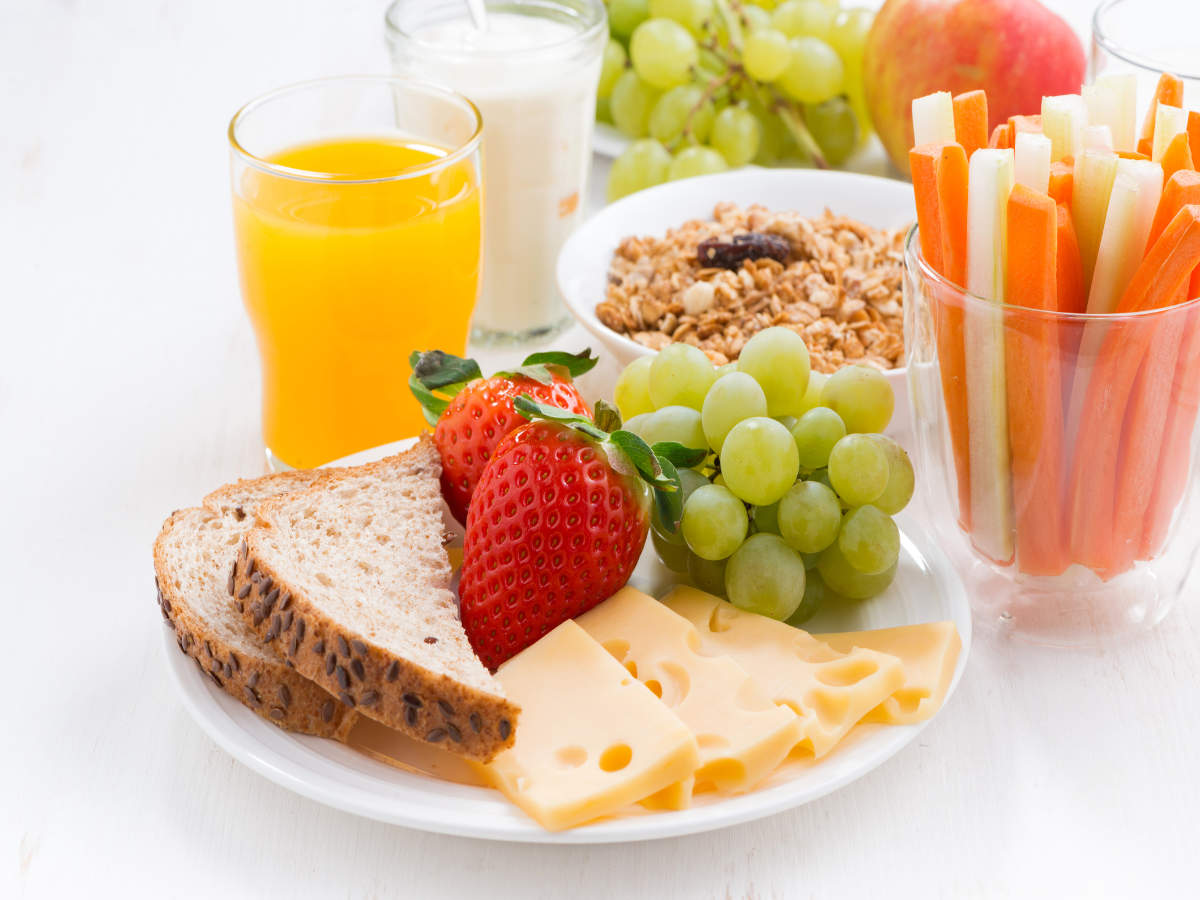01/7No junk food zone

If junk food is one of the leading causes of so many health problems, why is it being promoted in schools? Most school canteens across the country offer a number of foods that most health experts will deem unhealthy. These foods provide no real nutrition, and might even get in the way of a child’s nutritional requirements. With a steep ascent in health awareness all around the country, many people feel that junk food should not be sold in and around school premises, and here are some details that surround the idea.
02/7The FSSAI intervention

The Food Safety and Standards Authority of India proposed a ban on the sale and advertisement of junk food in school canteens and anywhere within 50 metres of school premises. The objective is to provide children with wholesome and safe food, while keeping them away from HFFS (high in fat, salt and sugar) foods. This even includes banning advertisements that promote such foods. There are many reasons why this ban should be implemented.
03/7Food provided should be wholesome and nutritious

Most junk food contains little to no nutrition, and substituting a healthy meal for something like a burger or a packet of chips rids the child of much needed nutrition. Children are growing at all times, and growth is supplemented by good nutrition, therefore focussing on nutritious food is top priority. Moreover, junk foods are not wholesome, and children are highly capable of feeling hungry shortly, encouraging binge eating.
04/7Food provided should be safe

Junk food contains a lot of unhealthy ingredients like trans fats, hydrogenated oils, artificial sugar, and a whole lot of empty calories. All these are unsafe not just for children, but for people of all ages, and consuming them can cause some serious health problems like damage to the organs and chronic conditions like diabetes or obesity.
05/7There is a lot of false advertising

A lot of products are falsely advertised as being healthy and nutritious, when in fact they are nowhere close to living up to those claims. Products like fruit juice or soya chips are advertised as being healthy, when in fact they are loaded with unhealthy ingredients like sugar, salt, fats, and preservatives, bringing the concept of ethics in the equation.
06/7Children are gullible

False advertising brings us to the next point, which is that children are usually gullible, and are quick to believe any information that is presented to them. Children are tempted by smell and appearance, which are enhanced for that very reason, and are persuaded by false advertising. This way, children end up indulging in food devoid of nutrition and end up compromising on vitamins and minerals.
07/7Engagement of nutritionists and dietitians

Food safety and standards can be maintained if the preparation of food in terms of wholesomeness, nutrition, and safety is assisted by nutritionists and dietitians periodically. This would help in ensuring that children end up getting nutritious food which is of utmost important at that stage.
No comments:
Post a Comment